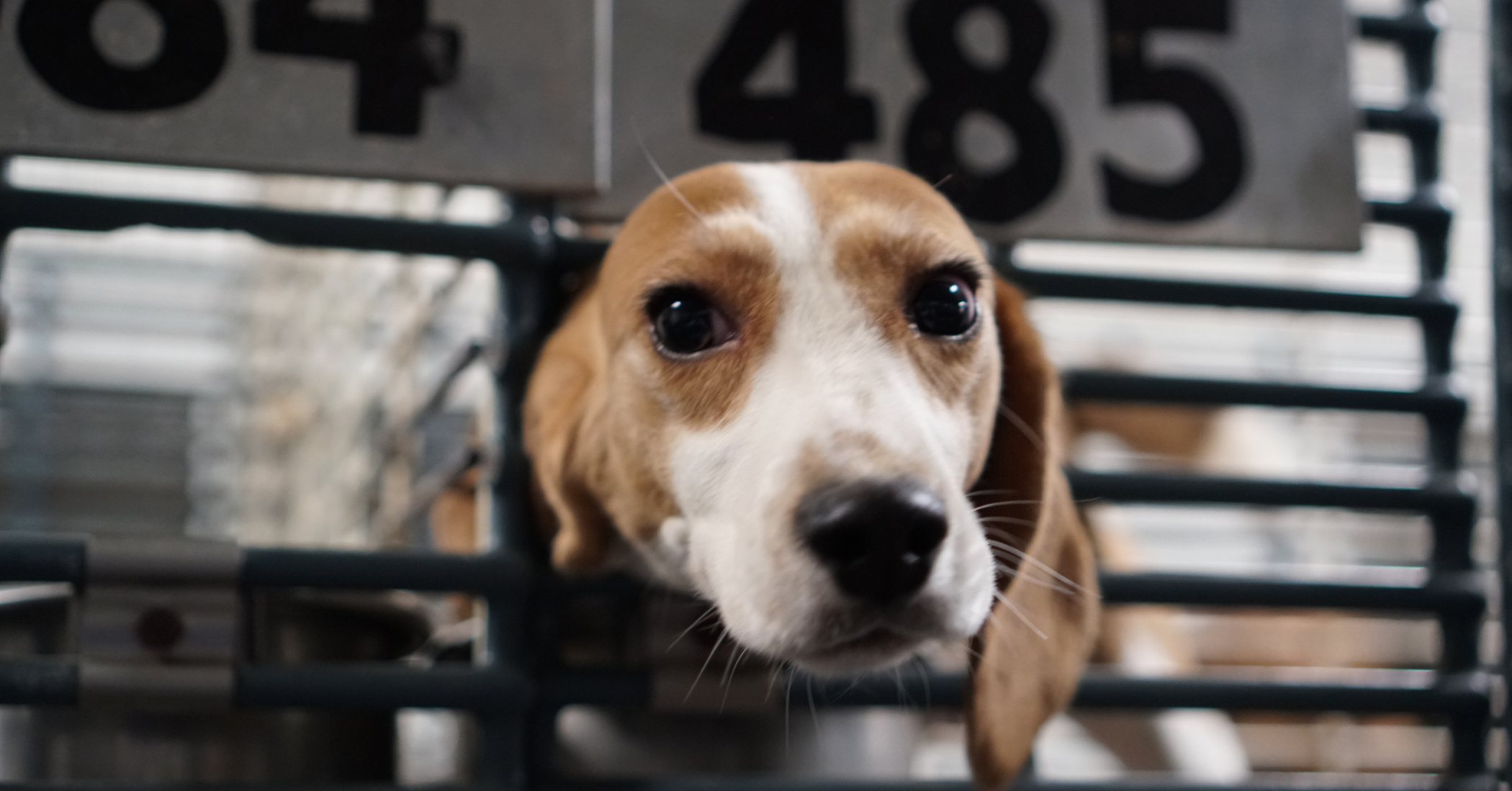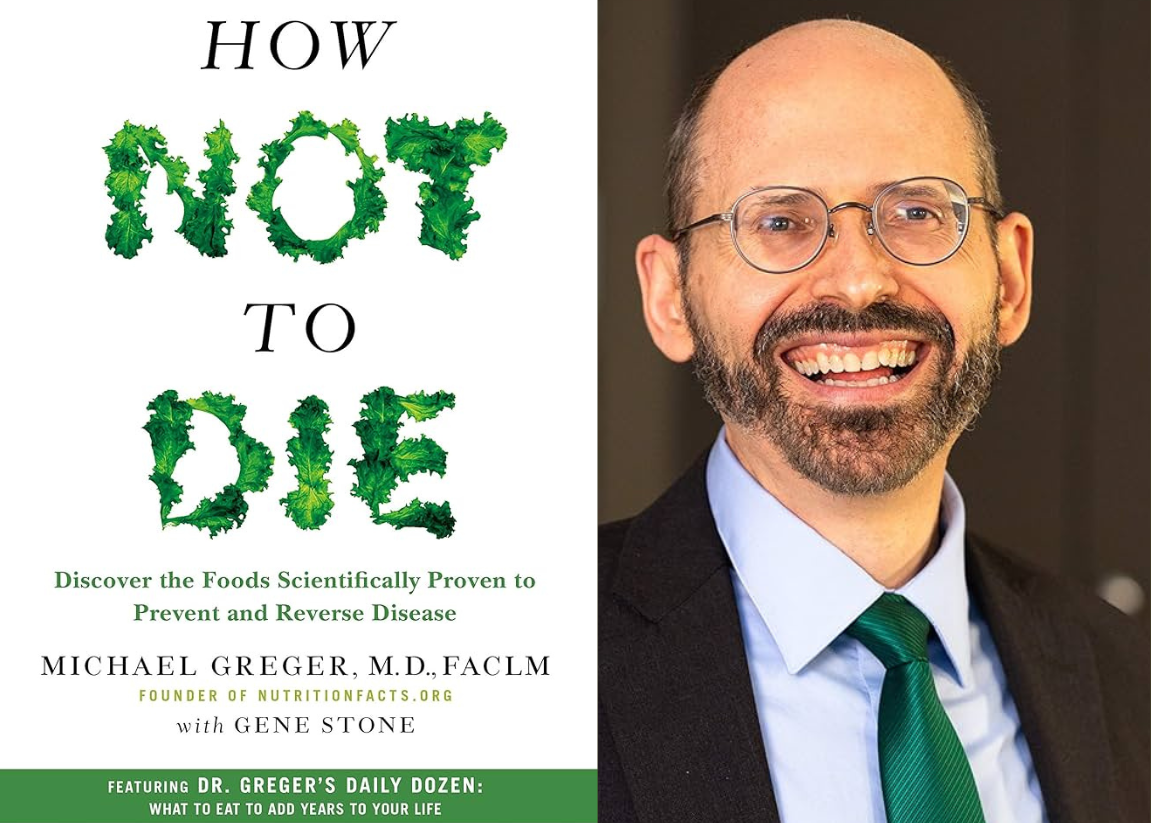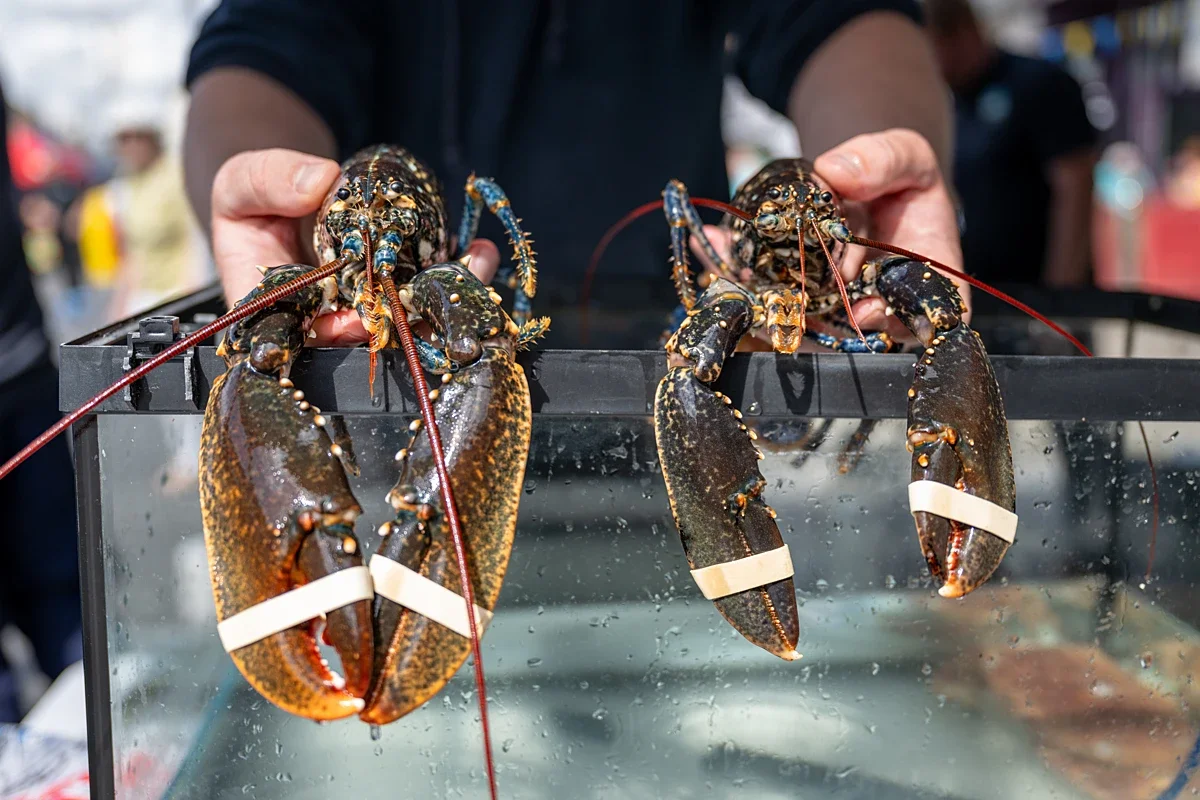This chicken factory farm has been transformed into a hub for sustainable, animal-free agriculture
A former poultry barn has been transformed into a state-of-the-art 15,000-square-foot greenhouse, now serving as a vegetable farm and research center focused on developing and showcasing sustainable alternatives for former chicken farmers.
Photo: Transfarmation Project
A 15,000-square-foot greenhouse in Wadesboro, North Carolina, once home to a poultry farm that bred 540,000 chickens every year, will reopen as a research center focused on developing and promoting organic farming alternatives for former poultry farmers.
The facility, set to open on September 6, 2024, is owned by Tom Lin and his wife Sokchea who have transitioned from poultry farming to cultivating a variety of vegetables, including tomatoes, lettuce, berries, and mushrooms. They've also repurposed an old refrigerated truck bed into a specialty mushroom-growing chamber as part of their new approach to farming.
For 20 years, Lin raised chickens for Pilgrim’s Pride, one of the largest meat producers in the US, supplying chicken to retailers like Walmart, Costco, and KFC. However, in 2018, their farming contract was unexpectedly terminated, plunging him into debt.
The abrupt change forced Lin to take a job unrelated to farming, but it also prompted him to rethink the future of his farm. This led to a partnership with The Transfarmation Project, an initiative by Mercy For Animals that helps farmers transition from factory farming to sustainable agricultural practices. With their support, Lin expanded crop production and began cultivating specialty mushrooms as part of the farm's transformation.
“This transformation is more than a new beginning for our farm; it is also a source of hope for a better, more sustainable future,” said Lin. “With the support of Transfarmation, we are moving toward a more environmentally friendly and economically viable way of farming.”
Photo: Jo-Anne McArthur/We Animals Media
The newly converted greenhouse-to-demonstration hub marks a significant milestone for The Transfarmation Project, following over three years of dedicated work to support transitions from factory animal farming to specialty-crop production.
The hub will serve as a research center focused on sustainable agricultural practices, while also welcoming visitors interested in exploring alternatives to factory farming. It will provide a platform for farmers to develop and showcase viable, sustainable agricultural opportunities and serve as a venue for public events, offering a firsthand look at the transformative potential of farm transitions.
“Tom and Sokchea’s transition from raising more than 540,000 chickens annually to operating a vibrant vegetable farm full of tomatoes, lettuce, berries, and mushrooms is a powerful testament to what can be achieved,” said Tyler Whitley, director of The Transfarmation Project.
“Through their collaboration with Transfarmation, the Lims prove that farmers can break free from the exploitative factory-farming system, as well as thrive and enjoy a better quality of life,” he continued. “We hope their farm becomes a beacon of inspiration, motivating farmers, policymakers, and the public to visit, witness the transformation firsthand, and advocate a sustainable overhaul of our food system.”
Environmental change
Transitioning from factory farming to specialty crop production offers significant environmental benefits, according to The Transfarmation Project. Specialty crops produce far fewer greenhouse gas emissions compared to factory farming, whilst the shift allows for soil remediation, as these crops help restore degraded land and promote healthier soils. This has far-reaching benefits, by supporting local ecosystems and biodiversity.
Water conservation is another key advantage, as specialty crop farming is far more efficient in water usage, reducing both consumption and pollution commonly associated with animal agriculture.
“To make a living growing vegetables on my land is my dream,” he told The Guardian. “This is the healthy way of making food. In the chicken house, you deal with ammonia, the smell, insects, all that. Versus the greenhouse, you go in there it just feels fresh and healthy.”
Transfarmation: The Movement to Free Us from Factory Farming, the new book by Transfarmation founder Leah Garcés, will be released on September 17. Learn more here and listen to the Species Unite podcast episode with Garcés here.
Sign up for the Species Unite October 30-Day Plant-Powered Challenge. Starting 1st October, you’ll receive daily emails packed with recipes, advice, and support throughout the month. Join the thousands of others already signed up here.
We Have A Favor To Ask…
Species Unite amplifies well-researched solutions to some of the most abusive animal industries operating today.
At this crucial moment, with worldwide momentum for change building, it’s vital we share these animal-free solutions with the world - and we need your help.
We’re a nonprofit, and so to keep sharing these solutions, we’re relying on you - with your support, we can continue our essential work in growing a powerful community of animal advocates this year.





